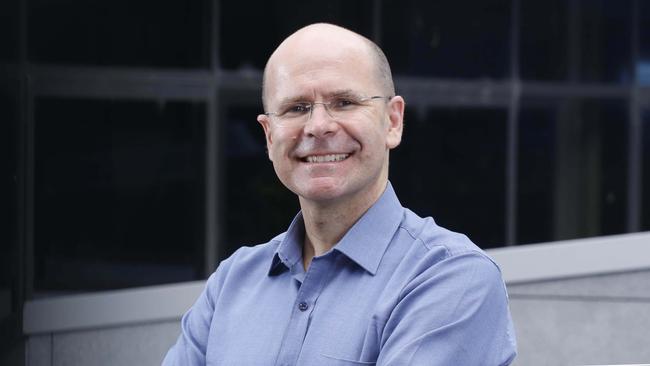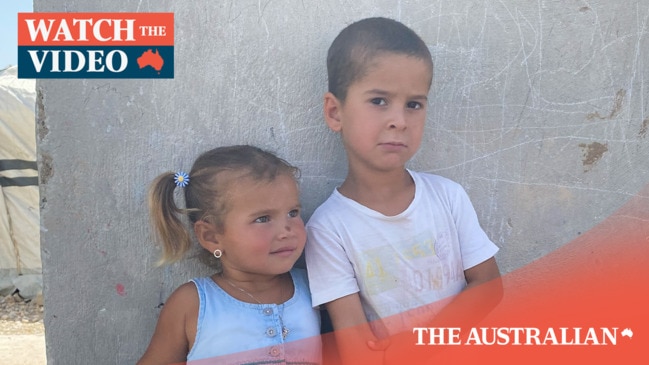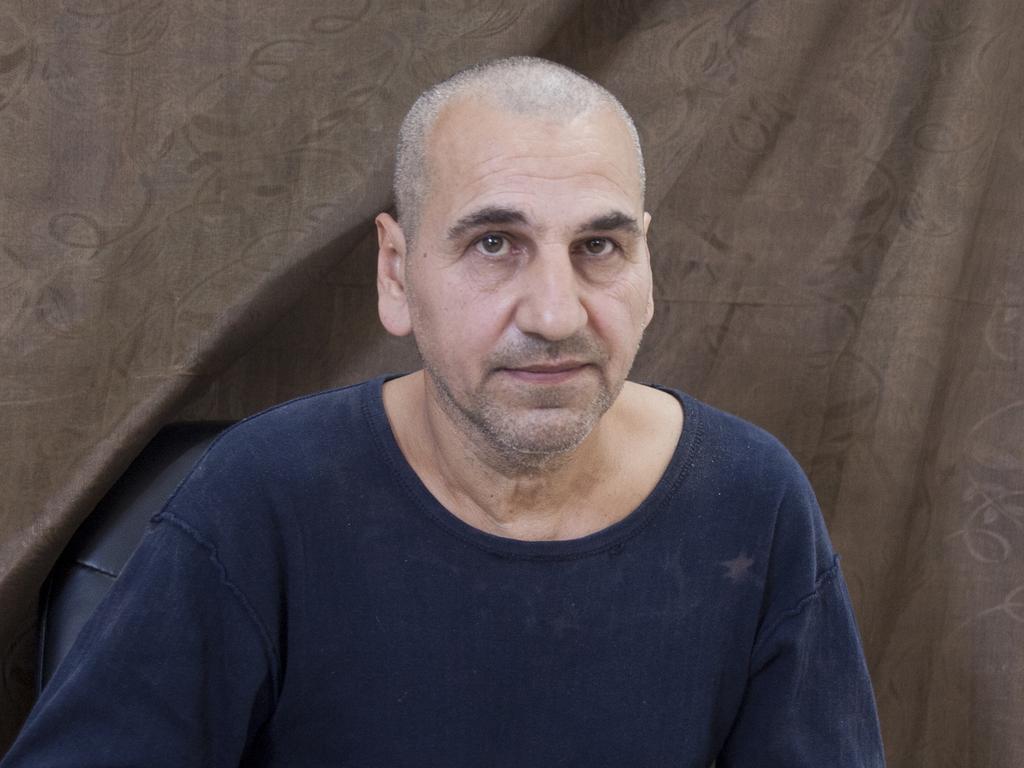No legal requirement for government to bring ISIS brides and kids home
Government is not legally required to bring ISIS families home, but should do so to meet international obligations, law expert says

Australia is not legally required to bring home the families of Islamic State held in squalid conditions in Syria, leading law expert George Williams has revealed.
Domestic law instead arms the Australian government with “extraordinary powers’’ to prevent them coming home, according to Professor Williams.
And international law, which does provide an obligation on governments to allow their citizens home, are not enforceable in Australia and provide “little assistance”.
However, Professor Williams said Australia’s refusal to abide by international commitments was becoming “untenable’’ and Australia compared “unfavourably to other nations by standing in clear breach of our international commitments.
“Australian governments assumed these obligations voluntarily, and we now must abide by them,’’ he writes in Tuesday’s The Australian.
“We expect this of other countries and must also do ourselves to protect our people as required under the international legal order.’’
Professor Williams’ comments come amid a renewed push for Australia to repatriate about 60 Australian women and children stranded in prison camps in Syria set up to detain families linked to Islamic State members.
Another dozen men are held in prisons, and a 17-year-old Yusuf Zahab, who was held in a men’s prison since he was 14, is believed to have died after an attempted jail-break by Islamic State on the prison in January.
The decision on whether to repatriate the women, children and men is a political one, which has been inherited by the Albanese government following the Morrison government’s refusal to allow the families home for the past three years.
Only two young family groups without parents were repatriated several months after the fall of Islamic State in March 2019.

One man deported from Turkey was returned to Australia and charged.
Professor Williams, the deputy vice-chancellor and professor of law at the University of NSW, writes that Australian governments had been granted “remarkable powers to override basic citizenship rights”.
“As we have seen during the pandemic, the federal government is more than able to prevent citizens from returning home,’’ he said.
“In the case of the India travel ban imposed last year, the government even threatened citizens with five years’ jail should they return from that country. The courts rejected an attempt to strike this down.
“Special, and even more extreme, powers apply when national security is at stake. Citizens aged 14 years or over can be prevented from entering Australia for two years under a temporary exclusion order.
“This can be imposed by a minister on broad grounds including that the person has been assessed by ASIO as ‘directly or indirectly a risk to security’ for reasons related to politically motivated violence.’’
Professor Williams said international law held different obligations, including the International Covenant on Civil and Political Rights, ratified by the Coalition Fraser government in 1980, which stated: “‘No one shall be arbitrarily deprived of the right to enter his own country”.
Australia also has legal obligations to children under the Convention on the Rights of the Child.
“We are required to give children special protection and to act with the overriding objective that ‘the best interests of the child shall be a primary consideration’,’’ he writes.
“This means that Australia must not condemn children because of the actions of their parents and must take steps more broadly to safeguard the health and safety of Australian children. Our obligations under this convention stand in stark contrast to our treatment of children stranded in Syria.”
There are 42 Australian children aged from three to 16 held in the secure al-Roj camp for the past three years.







